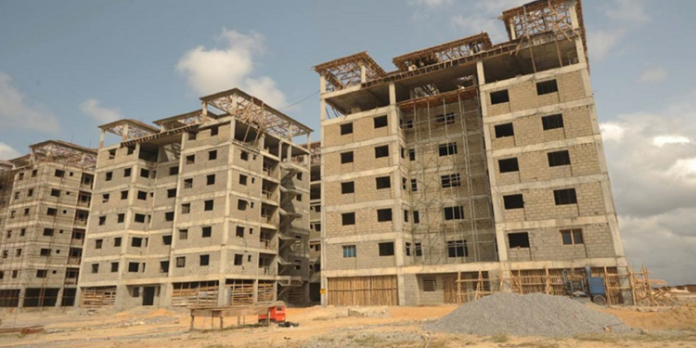The National Bureau of Statistics (NBS) reports that real estate now ranks as the third-largest sub-sector in Nigeria’s economy after a recent rebasing of the Gross Domestic Product (GDP). The sector contributes 5.2% to GDP in the first quarter of 2024, overtaking crude petroleum and natural gas, which now fall to fifth place.
Economic Structure Shifts
Grain crop production and trade continue to lead as the top two sectors in the economy. Telecommunications maintains its fourth position, while construction and food, beverages, and tobacco rank sixth and seventh, respectively.
Increased Data Coverage
The GDP rebasing incorporates previously underreported economic activities, including digital services, modular refineries, pension administration, quarrying, and domestic household employment. Data from hidden or informal activities are also factored in, offering a clearer view of Nigeria’s evolving economic framework.
Decreasing Oil Dependence
The prominence of real estate signals a shift away from dependence on crude oil, highlighting the growing role of urban development and infrastructure in Nigeria’s economy.
Selection of Base Year
The NBS selects 2019 as the new base year for GDP calculations, citing its relative economic stability compared to more recent years affected by economic disruptions. The rebased GDP figures are scheduled for release by the end of January 2025, providing updated insights into the country’s economic structure.













